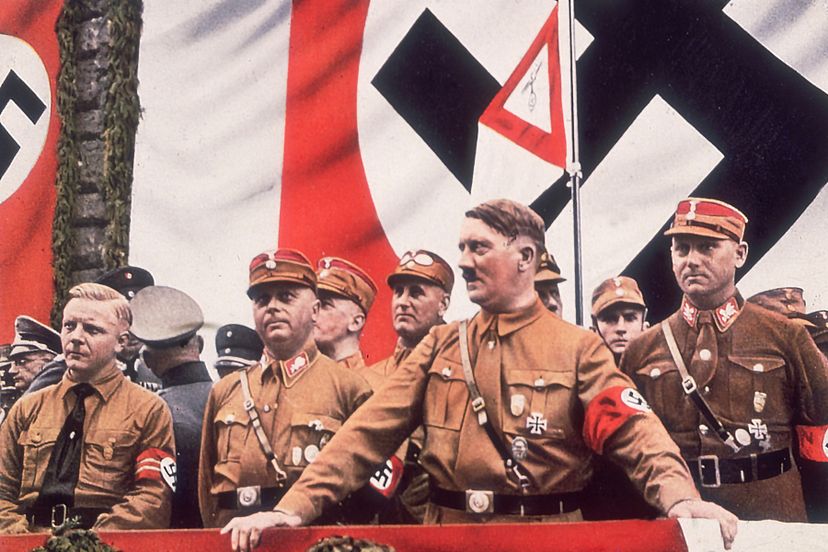
About This Quiz
You might say that this country has had its ups and downs in the past few centuries. How much do you know about German history?Germany beat out Spain for the privilege of holding the event.
Circa 800, he began gathering together areas that would become France, Germany and other European countries.
By population, it was five times as large as Bavaria and dominated by the wealthy class.
Advertisement
At the end of World War I, the empire was no more.
He helped make the German Empire increasingly powerful until he left office in 1890.
The war finally ended in 1648, but it devastated Europe's populations, including pre-modern Germany.
Advertisement
He was a clever and powerful man who dominated world politics from his home in Germany.
The country's makeup and borders have shifted many times in a span of hundreds of years.
The amateurish coup failed and he was jailed; he did not repeat his mistake.
Advertisement
It replaced the Holy Roman Empire but was never a very effective entity.
Napoleon's version of Germany, however, did not last long.
It was then that Wilhelm I became German emperor.
Advertisement
His ideas and outspokenness had a profound impact on German culture.
The declining influence of the Catholic church helped to make way for a more modern type of nation.
Napoleon lost the 1813 battle, an event that ultimately unraveled his reign.
Advertisement
Beginning in 1618, the Catholics failed in their attempt to bring the region back under church control.
At the end of the war, a republic replaced the imperial government.
People across the world lost faith in their leaders; in Germany, this had disastrous consequences.
Advertisement
It was an unofficial designation for Germany following World War I.
Communist East Germany was hemorrhaging people and resources to the more democratic West German side.
The wall was an ominous divide between East and West Germany.
Advertisement
Particularly in urban areas, many people were shot at and sometimes killed for attempting to scale the wall.
Many uprisings happened all over Europe in 1848 and 1849 as the working class rejected their unlivable conditions.
Culture was scrubbed clean of Nazi influences in the hopes of rebooting German society.
Advertisement
With the forces at his disposal, he seized power throughout the country.
The Germans developed an advanced industrial economy early in the 20th century.
The Allied-controlled areas blossomed after World War II; East Germany languished under communist rule.
Advertisement
He figured that the English would be hard to subdue, and he was right.
And it has the biggest economy in Europe.
Hitler's aggression triggered events that reverberate throughout the world even today.
Advertisement